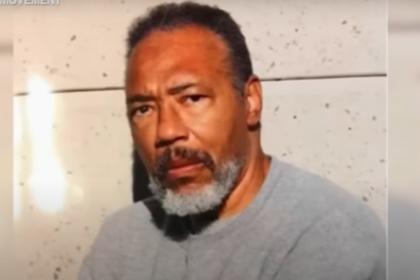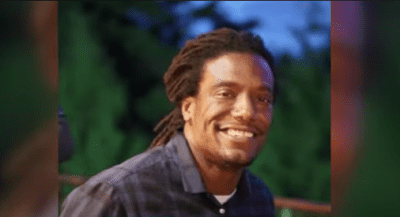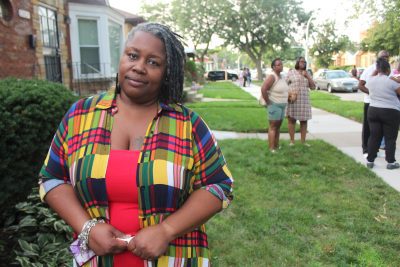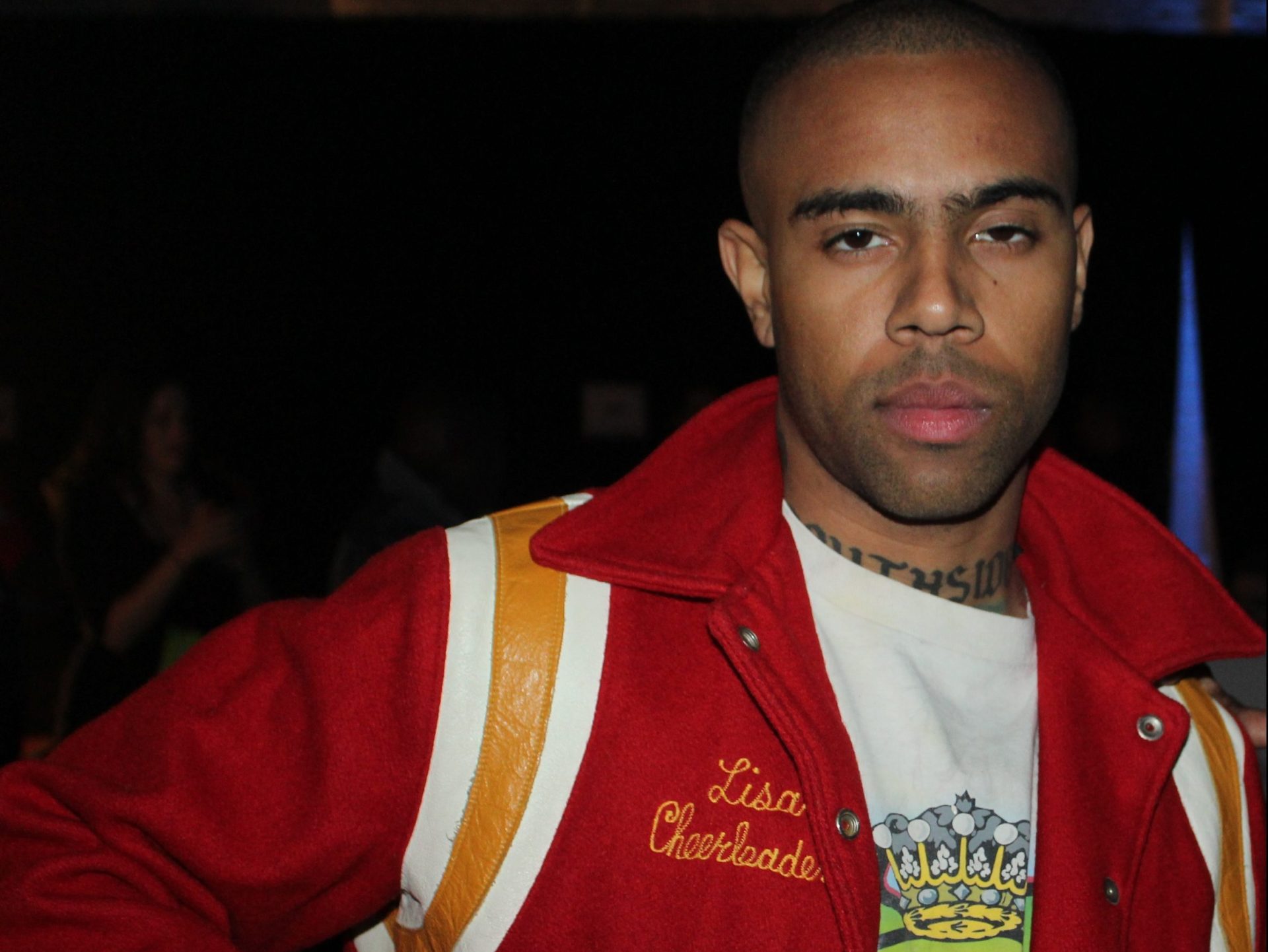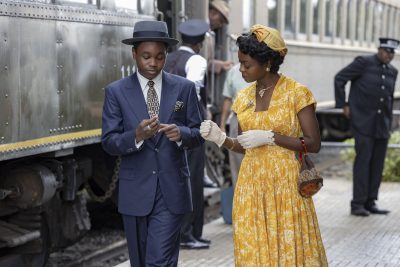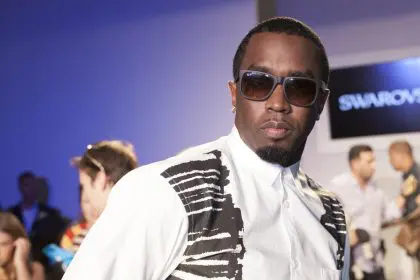
Yondi Morris
When did you know that you were destined to be a lawyer?
The moment I learned how to speak people told me I should be a lawyer. This is likely because I was so talkative, always argued my points and was rarely able to take “no” for an answer. As I got a bit older and joined the debate team in high school, I learned that I really did have a legal mind. I enjoyed thinking critically about various topics and trying to figure out creative solutions to problems. Deciding to attend law school seemed like the next logical step.
What’s the first case you remember that solidified your desire to be an attorney?
My first client remains a client of mine to this day. My first task was to form a limited liability company for her and draft an operating agreement (the agreement used that spells out the terms of the company). I did a lot of research on what needed to be included in this agreement and at the end, felt empowered that I was able to essentially create a business for someone! It was quite exciting and that was the moment I knew I had what it took to be a corporate lawyer.
What’s your role or specialty within KMR?
I am a founding partner. I practice corporate law, entertainment law and real estate. For most of my corporate clients, I am responsible for drafting any agreements that they might need for their clients, in addition to assisting with any day-to-day legal issues that might come up within their company. I have a range of corporate clients including “lifestyle” clients and other entrepreneurs. My entertainment clients consist of writers, talent management agencies, and music artists. My real estate practice includes primarily first time homebuyers, people selling their homes and investors/developers. Additionally, each partner heads up various departments within our firm including marketing, accounting, and administrative assignments.
What are some of the obstacles KMR has encountered as one of the few law firms owned by Black women in the city of Chicago?
One of the biggest challenges has been creating visibility in a variety of networks. When we started our firm, we had a great deal of support from friends, family and colleagues. We knew we wanted diverse clients, though, so it became increasingly important to step outside of our comfort zone and make sure that we are developing clients that have different backgrounds than us.
In your opinion, what’s the biggest misconception about practicing law that people have?
The biggest misconception is likely that lawyers know how to practice all types or law. A lot of the inquiries we receive are from people asking us to handle their divorce or represent them in a criminal case or perhaps represent them in a personal injury capacity. Many are surprised when we tell them that we know nothing about those areas. While we can certainly refer people to other attorneys who do handle specific areas of law, lawyers are typically not a jack-of-all-trades, and finding the right attorney who knows the specific area of law that a person is inquiring about is vital.
Tell us three key factors that you believe makes a great attorney?
Transparency. Ability to think outside of the box. Hard-working.
Take your pick: Annalise Keating or Clair Huxtable? Why?
Without a doubt, Clair Huxtable. Clair was a figure that so many of us looked up to. She had a brilliant mind and was no nonsense, yet was gentle, thoughtful and a loving, compassionate person.
Any favorite quotes or affirmations?
“Being an entrepreneur is like jumping off a cliff and building your safety net on your way down.”
“Comparison is the thief of joy.”
Name a book that changed how you saw life and that you’d strongly recommend to others?
Kindred by Octavia Butler
What’s something that people would be surprised to know about you?
I am extremely competitive. Even in my own home while watching “Jeopardy” or similar game shows, I yell my answers at the television and am angry when I don’t answer correctly!

